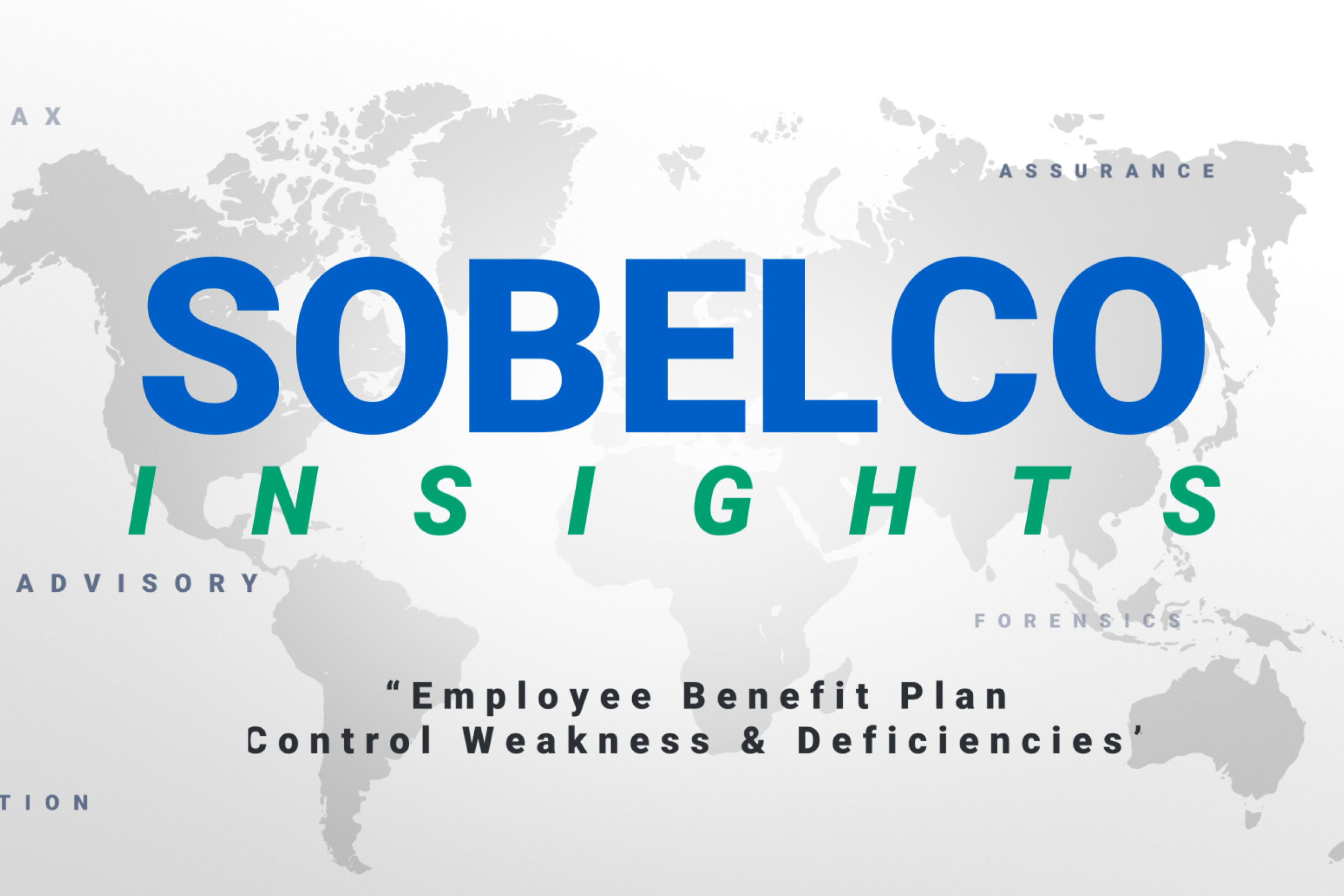
In early June 2022, the Internal Revenue Service (IRS) announced there would be a pre-examination retirement plan compliance program beginning immediately. Enrolling in this program would allow Plan Sponsors a 90-day window to conduct a self-examination of one or more targeted areas of the plan’s documentation and administration to identify and self-correct failures in a report to the IRS. If a Plan Sponsor does not respond to the Pre-Examination Program letter that begins the 90-day window before the end of that period, the IRS will schedule an examination for that plan.
During the 90-day period, Plan Sponsors will have the opportunity to identify and self-correct any plan document or operational errors that are eligible under the IRS’s Employee Plans Compliance Resolution System (ECPRS) Self-Correction Program and the Voluntary Correction Program. If the Plan Sponsor’s review during the pre-examination period determines that there are compliance failures that are not eligible to be corrected by SCP through EPCRS, the Plan Sponsor, with the agreement of the IRS, may correct such failures consistent with Revenue Procedure 2021-30 and request a closing agreement that will determine the penalty amount according to the fee schedule created for the VCP. Examples of issues eligible for correction include loan failures, excluding eligible participants from the plan, not making timely or consistent contributions promised under the plan terms, and failure to follow the terms of the plan in addition to several more. For any issues identified, the Plan Sponsor will need to review, identify, and in some cases, correct the errors it discovers. Prior to this new program, Plan Sponsors were not able to access the ECPRS Self-Correction Program unless they were already under audit, but this program will allow Plan Sponsors to correct an issue prior to an audit being conducted. Once a Plan Sponsor receives notice, they are only able to use the Self-Correction Program under the ECPRS which only allows for corrections of insignificant operation failures or significant failures that are substantially completed or resolved. They are not able to utilize the Voluntary Correction Program under ECPRS, which allows for all other corrections not allowed under the Self-Correction Program. Any issues identified but not corrected through these two programs, or an issue that is identified during the IRS audit, is subject to corrections under the Audit Closing Agreement Program (Audit CAP) under ECPRS, which results in significant costs to the Plan Sponsor because of the additional sanctions that the IRS imposes, which would exceed the costs under self or voluntary correction.
After completing the evaluation of the Plan Sponsor’s report submitted to the IRS, one of three actions can be taken:
- Determine that the issue has been resolved, there is no further action necessary, and issue an audit closing letter with no further contact
- Enter into a closing agreement that will address errors identified in the report that are not eligible to be self-corrected or
- If the IRS determines that a closer review is necessary, an ERISA 103 (a)(3)(c) or non-ERISA 103(a)(3)(c) (formally referred to as limited scope and full scope, respectively) audit is initiated by the IRS
This new program could help Plan Sponsors avoid costly penalties as well as make for a more efficient audit process. Previously, an issue like these would automatically initiate a retirement plan audit via the IRS.


